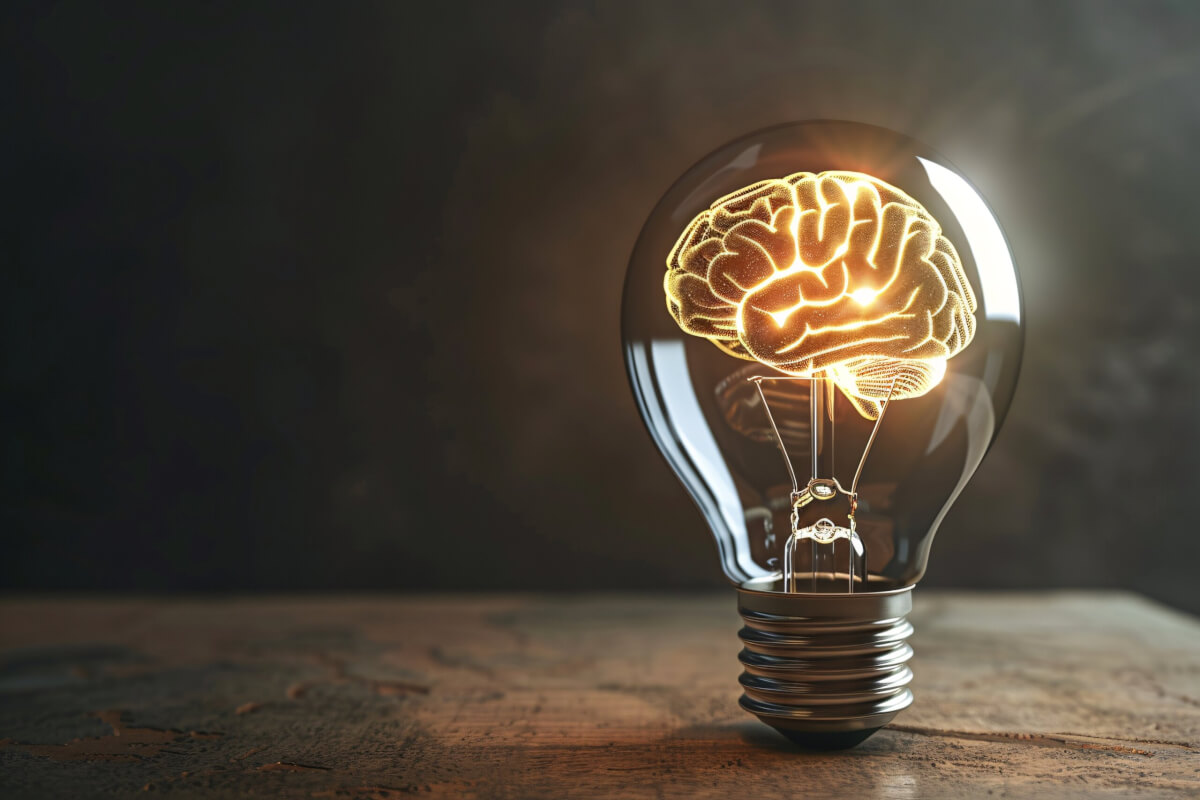LIÈGE, Belgium — If you’ve ever felt more alert and focused after stepping out into bright daylight, there’s a scientific explanation for that. New research shows that exposure to higher levels of light can directly impact activity in a key region of the brain – the hypothalamus – in ways that enhance cognitive performance and wakefulness.
The study, published in the journal eLife, represents a major leap forward in understanding the biological effects of light on human behavior and brain health. While previous research has shown that light exposure increases alertness, this is one of the first studies to pinpoint how it influences the human brain at the neural level.
“Translating findings on how light exposure affects the brain in animal models to humans is a difficult process, as the later maturation of the cortex in human beings enables much more complex cognitive processing,” explains lead author Islay Campbell from the University of Liège in Belgium, in a statement. “In particular, the question of whether hypothalamus nuclei contribute to the stimulating impact of light on cognition is not established.”
For the study, Campbell’s team recruited 26 healthy young adults to perform cognitive tasks in an MRI scanner while exposed to different levels of light – from complete darkness up to extremely bright illumination. The auditory tasks tested executive functioning (like working memory) and emotional processing.
Using a technique called ultra-high resolution 7 Tesla functional MRI, which provides enhanced brain imaging, the researchers examined how changing light levels affected activity in specific regions of the hypothalamus during the tasks. Their findings revealed a striking pattern.
Study authors discovered that as light levels increased, activity in the posterior portion of the hypothalamus ramped up. However, activity in the inferior and anterior hypothalamus actually decreased with more light exposure.
Simply put, different parts of this tiny brain region, no bigger than an almond, responded in opposite ways depending on the brightness level. So, what does this mean for cognitive performance?

When the researchers analyzed the participants’ scores on the executive functioning task (which involved higher-order cognition), they found a clear relationship: higher light levels led to better performances on thinking tasks. Remarkably, this improvement had a connection to lower activity in the posterior hypothalamus.
The researchers believe this shows that the posterior hypothalamus activity doesn’t directly connect to light’s enhancing effect on cognitive performance. Instead, Campbell says other brain regions are likely involved.
However, for the emotional processing tasks, greater posterior hypothalamus activity had an association with stronger behavioral responses, hinting that the relationship between this brain area and cognition may depend on the context and type of task.
Campbell explains that certain brain cells may get recruited to boost performance on some cognitive tasks when light levels are high. The authors emphasize that more research scrutinizing how light influences entire brain networks and their interplay with the cortex (the outer brain layer governing higher cognition) is necessary to fully map these effects.
Still, the current findings hold exciting potential. By shedding light (pun intended) on the neurological pathways linking illumination to cognitive function, the research opens avenues for developing light therapy treatments. These treatments could help people dealing with sleep problems and issues with alertness and even elevate mood and cognitive performance throughout the day.
“Our results demonstrate that the human hypothalamus does not respond uniformly to varying levels of light while engaged in a cognitive challenge,” says senior author Gilles Vandewalle, co-director of the GIGA-CRC Human Imaging at the University of Liège. “Higher levels of light were found to be associated with higher cognitive performance, and our results indicate that this stimulating impact is mediated, in part, by the posterior hypothalamus. This region is likely to work jointly with the decreased activity of the anterior and inferior hypothalamus, along with other non-hypothalamus brain structures that regulate wakefulness.”
“Targeted lighting for therapeutic use is an exciting prospect. However, it will require a more comprehensive understanding of how light affects the brain, particularly at the subcortical level. Our findings represent an important step towards this goal, at the level of the hypothalamus,” notes Campbell.

